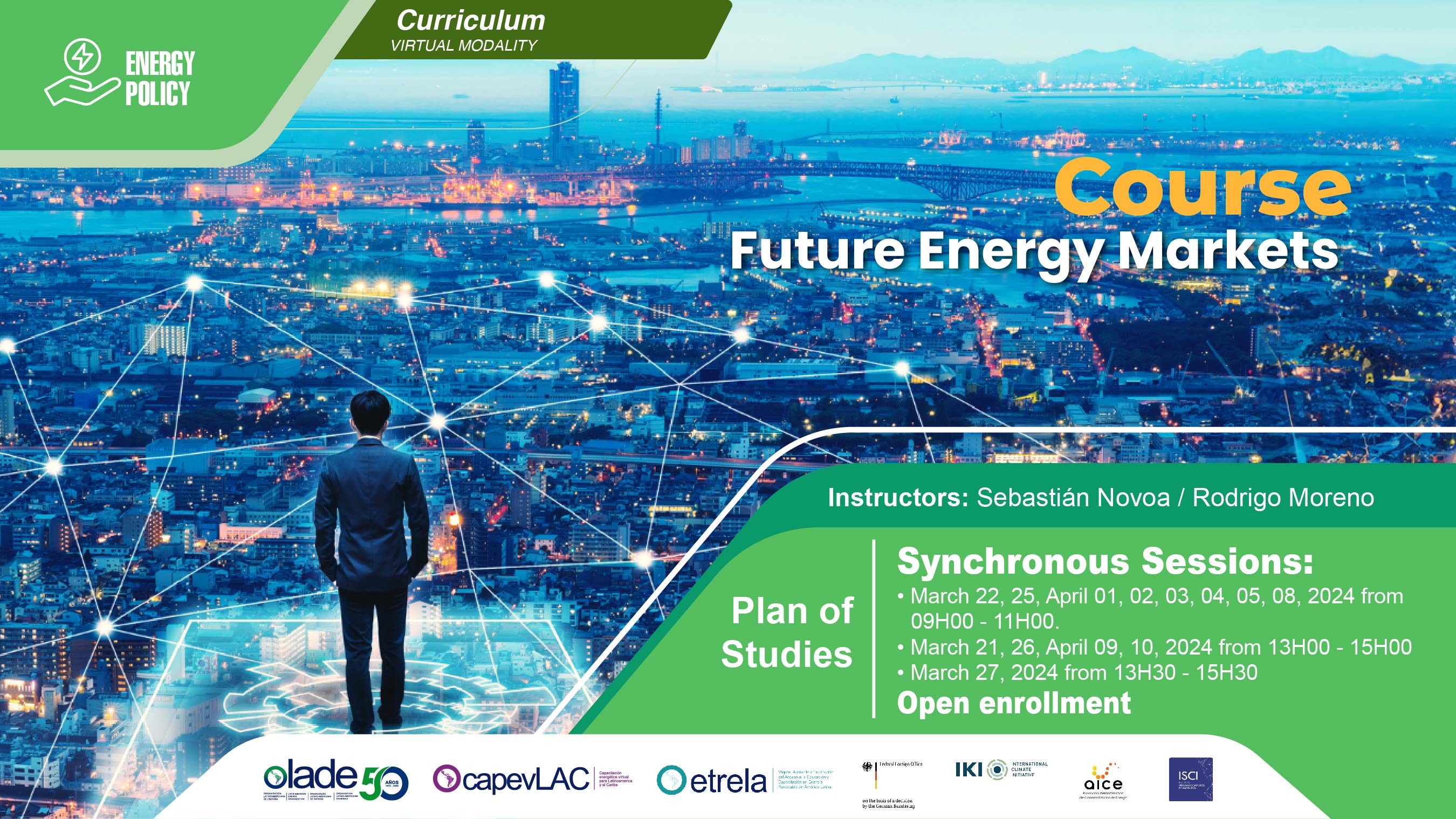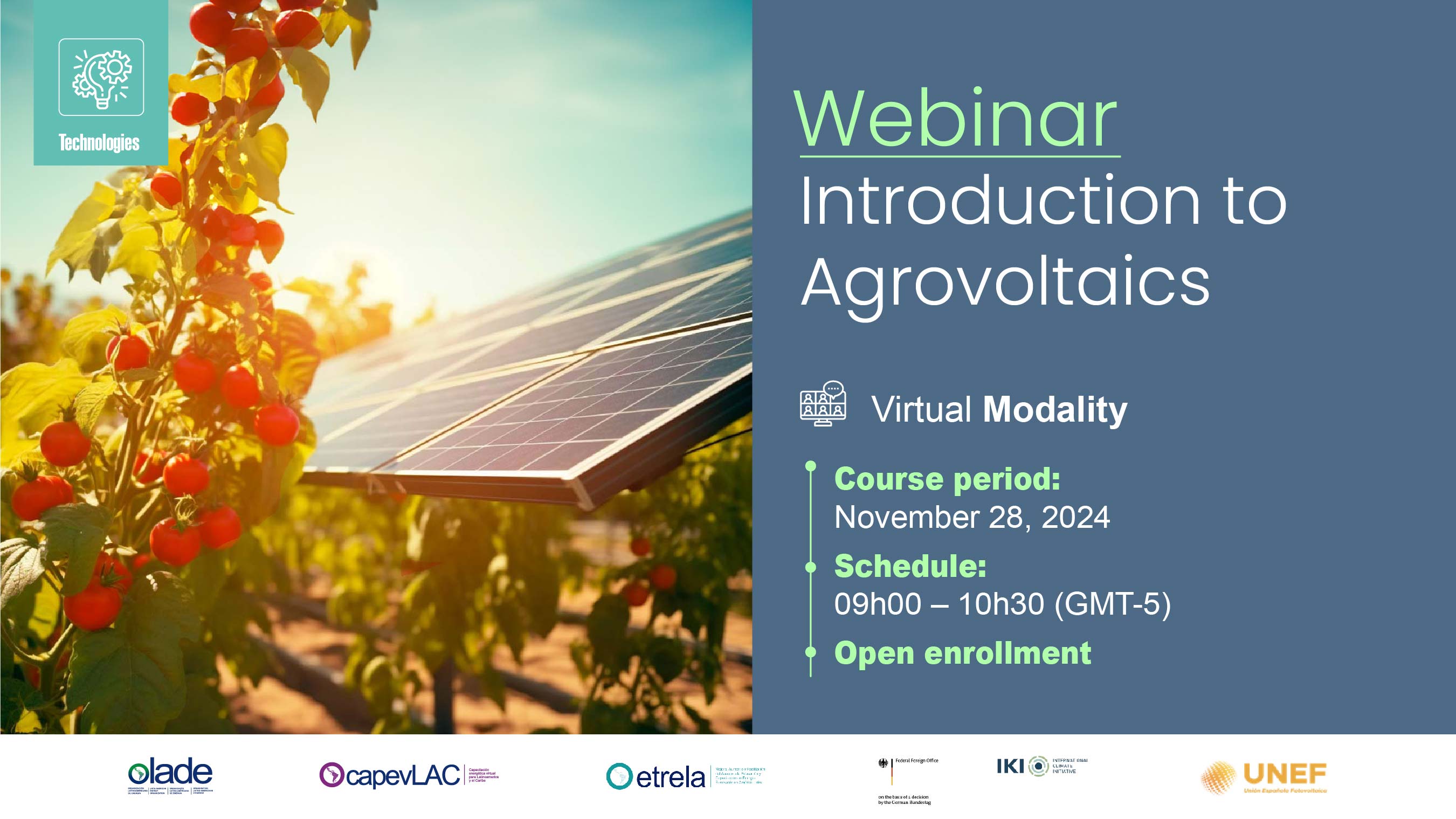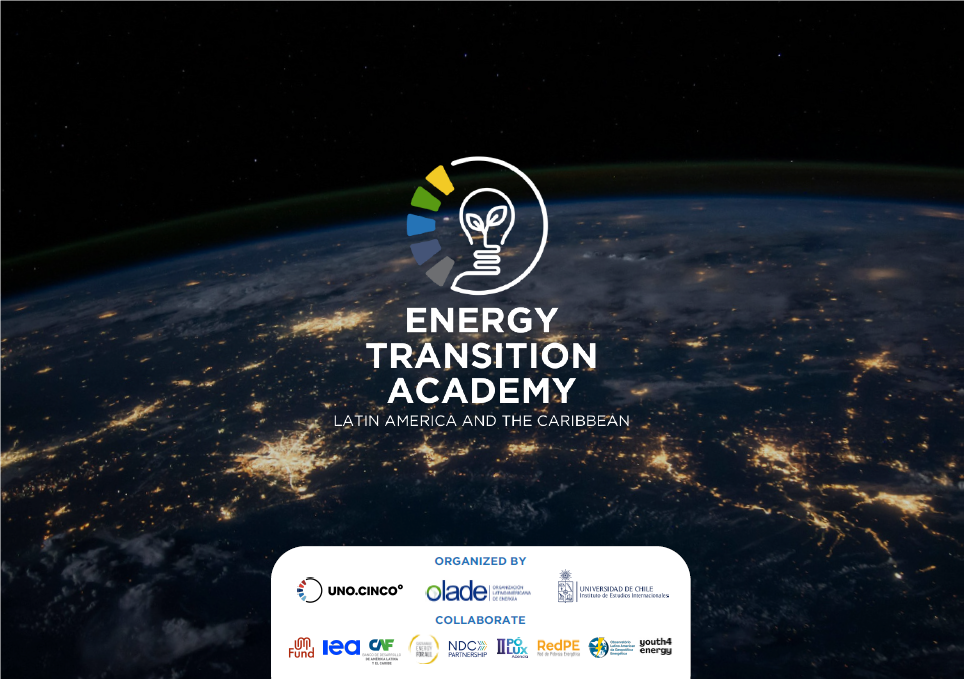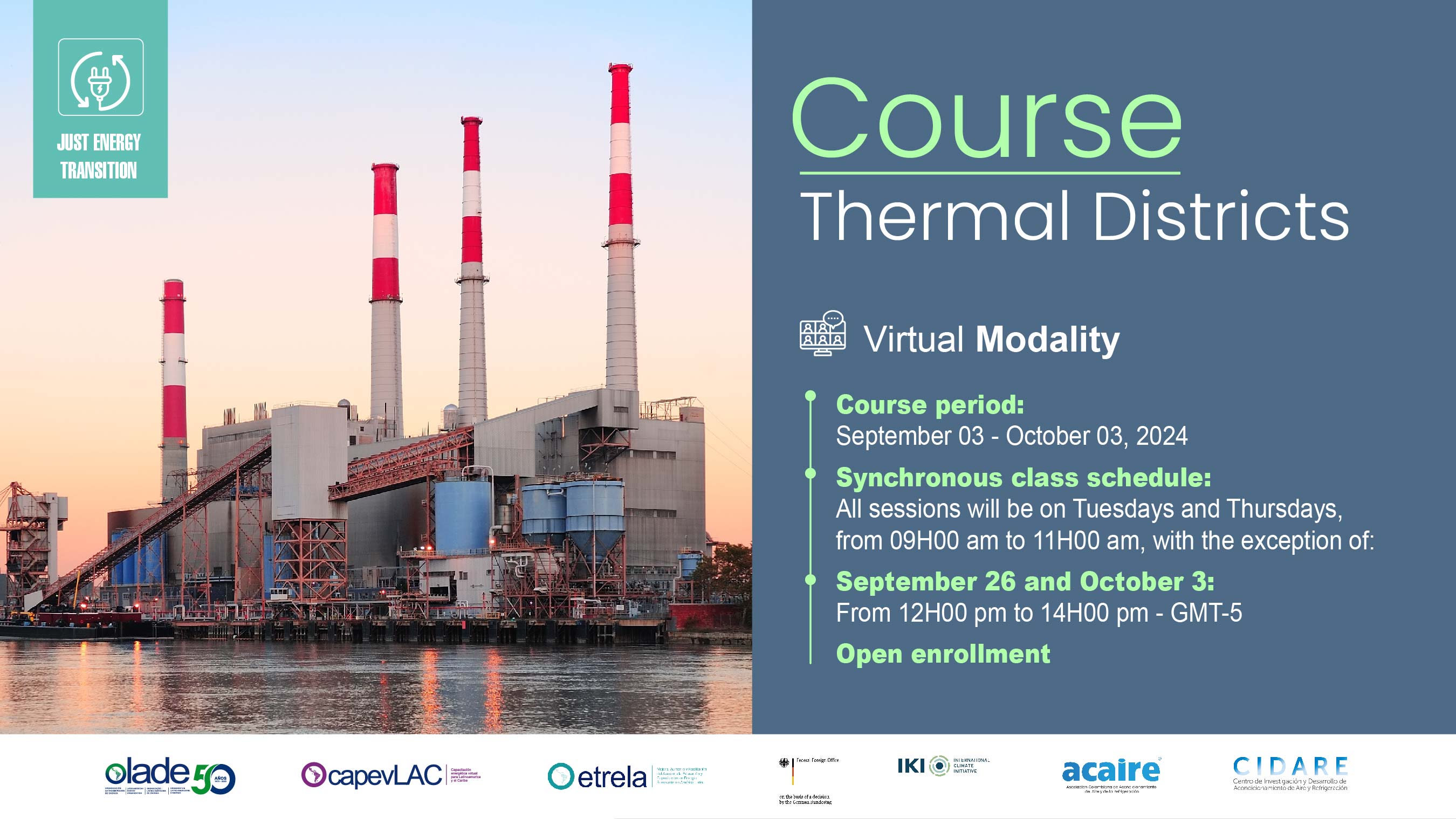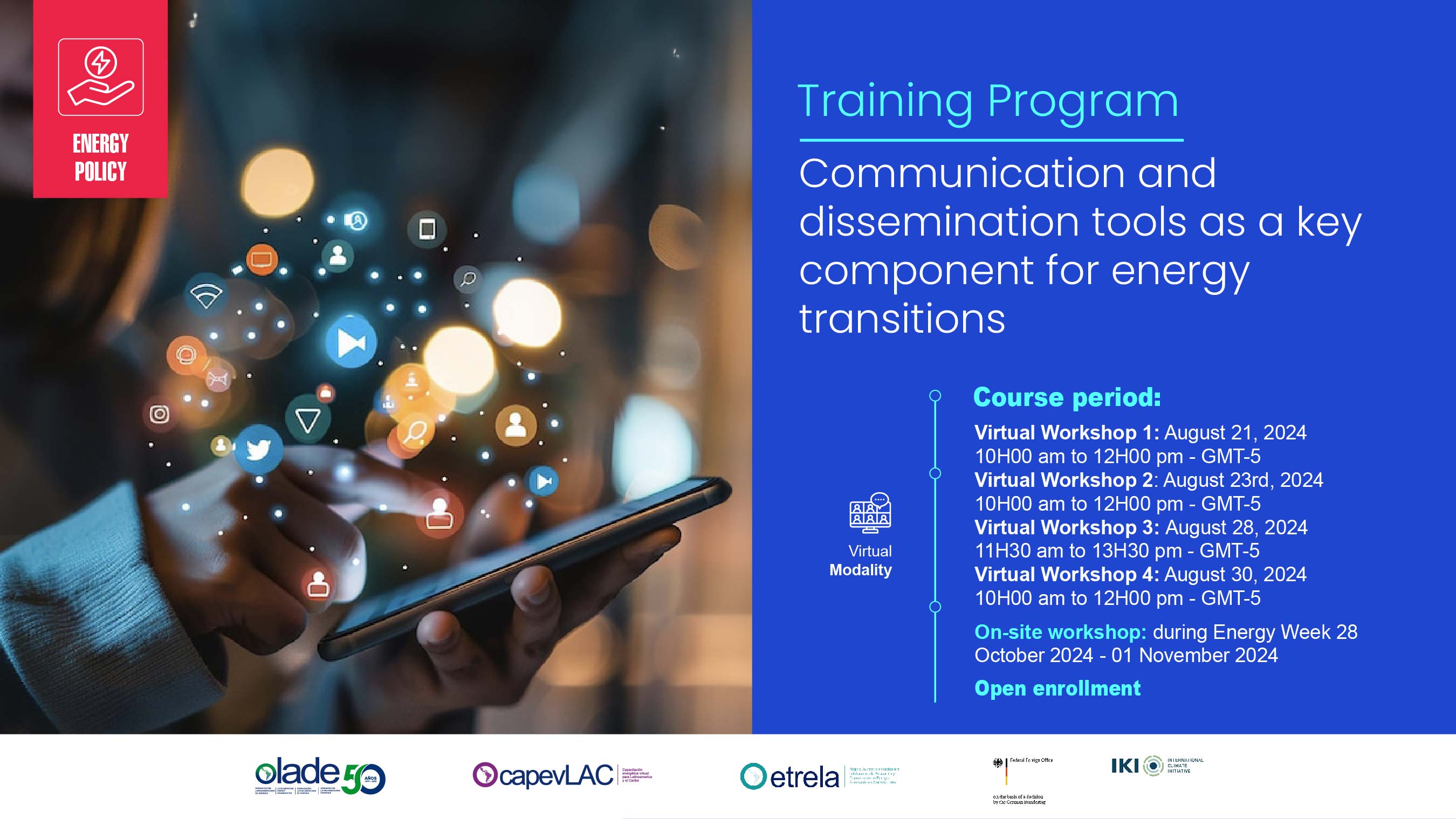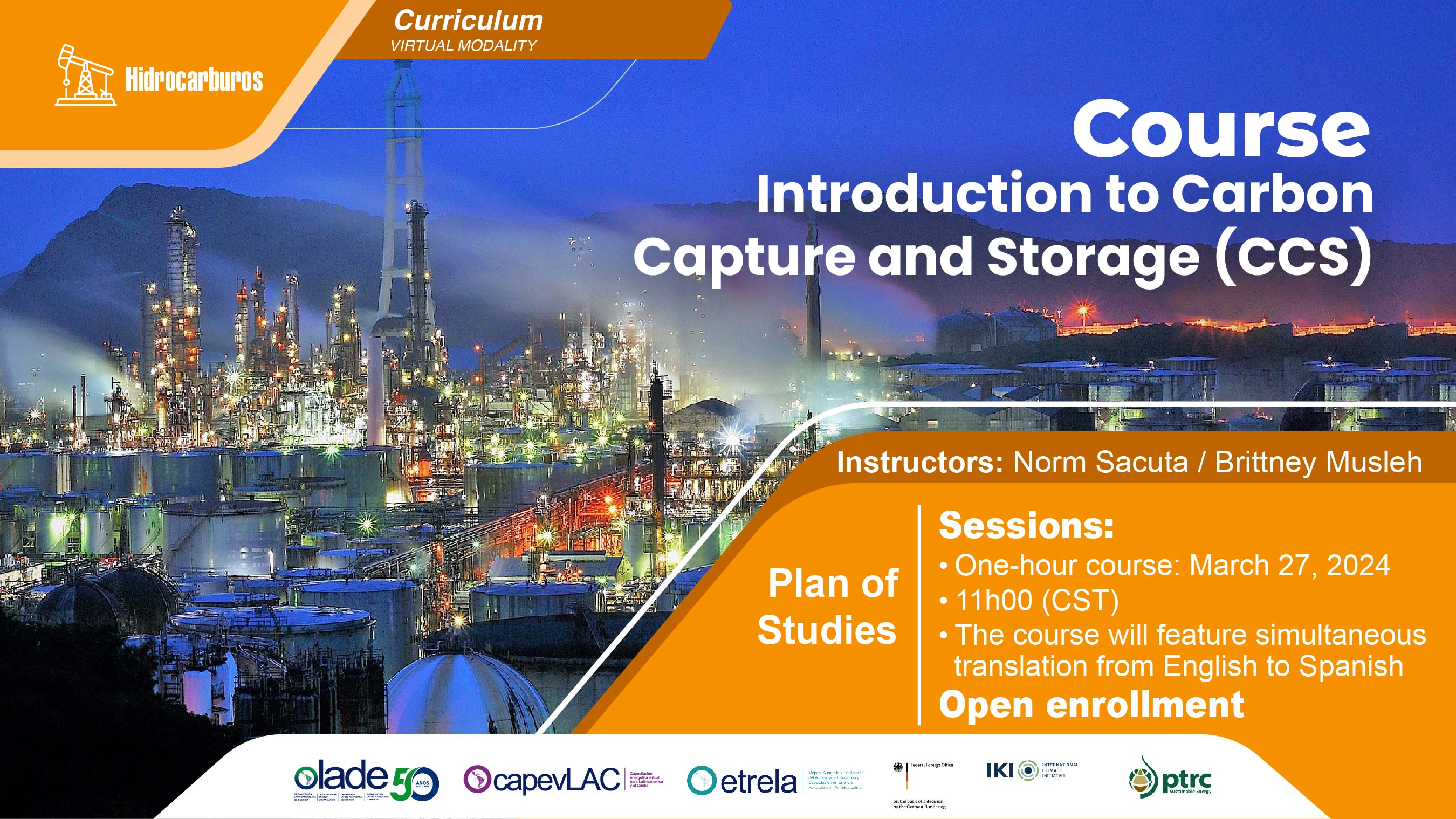- Introduction
The course aims for students to achieve a thoughtful vision of the challenges posed by the energy markets of the future. To this end, the course will begin with a theoretical content that aims to cement foundations regarding the fundamentals – where we come from, where we are and where we are going – and then present the student through a series of expert voices the perspectives and future expectations of different subsectors of the energy market.
The student will have the opportunity to hear from the first source the vision of each subsector, with their respective challenges, barriers and desires. At this stage, it will be proposed that students identify these points with respect to each subsector, as well as reflect on possible overlaps or divergent visions as a preparation for the final work.
Once the sectoral visions have been presented, 2 case studies will be presented with a holistic vision of the different aspects identified in each one, asking students to identify how the presenter dealt (or intends to deal) with the different expectations of each subsector and the vision of the future from a different stakeholder. The above, as input for the work that will be developed in a workshop whose objective will be to reconcile a vision of the future of energy markets, prioritizing measures, considering limitations and impacts in the different subsectors participating in the market.
- Presentation of the Study Plan
The trainings will be divided into modules, with 4 complementary themes; (i) Fundamentals; (ii) Sectorial views; (iii) Case studies; (iv) Practical workshop.
Fundamentals: This module will provide the theoretical tools necessary for the work of the following modules. Content on market designs, past, current and future vision of energy markets will be covered with main emphasis on the challenges of implementing the energy transition, integration of distributed media and electrification of consumption and production processes;
Sectoral Views: In the sectoral views module, between 8 and 12 hours will be dedicated to understanding, from the perspective of expert representatives of each sector, the challenges, barriers and hopes for the future of the energy sector. The objective of this module will be to promote in students the ability to identify, in particular, how the future perspective can contain complementary and conflicting interests with those of other participants in the sector.
Case Studies: Case studies from different countries will be presented, taught by the protagonists themselves. These will expose, first-hand, the details of the studies and implementations, the reasons behind their successes, the challenges faced and the lessons learned, which will allow to extrapolate these experiences to other countries in the region.
Practical workshop: Through a participatory methodology, this workshop seeks to co-construct a common vision on the future evolution of electricity markets in Latin America. To do this, the knowledge acquired during the course will be applied. A multifaceted perspective will be considered that integrates the local problems of each country with the different sectoral visions, also looking for opportunities to extrapolate experiences between countries.
The classes will be in a virtual format, with the participation of part of the technical team and interactive with the participants attending to their queries.
- General objective of the Study Plan
The general objective of the curriculum is to promote interaction between students in the co-creation of a vision of the future of the energy market taking into consideration relevant experience studied in the case studies, the view and perspective from the market sectors and theoretical content that allows them to understand the difficulties of the challenges they will encounter and, in some way, facilitates the real implementation of the energy transition in their countries.
- Study plan learning outcomes
The experience aims to enable its students to perceive the energy market scenario and its challenges in a broad way, considering its complexities and knowing how to weigh the impacts of the measures adopted in relation to each subsector, and their reflection in the whole, thus developing a holistic vision of the challenges that we will have to face in the energy market of the future.
- Identify, in the visions for the future, the challenges of each subsector considering their desires, barriers, impacts and benefits;
- Identify, in the case studies, the conflicts, if any, between the different subsectors, identifying the actions to mitigate barriers in the short, medium and long term for the deployment of a vision of the future.
- Co-construct, considering all of the above, to achieve a future vision of the energy market.
- Participant profile
To professionals in the energy sector, public and private. Technical teams, as well as decision-makers.
- Study Plan Intensity
The study plan will have the following workload which may undergo alterations in its layout or contents without altering the objectives of the course, that is, the workload and layout of the sessions is not strict and may undergo adjustments as necessary
| MODULE | SESSIONS: | WORKLOAD |
| FUNDAMENTALS | Welcome, motivation and explanation of the course | 2 HOURS |
| Theoretical Framework | 2 HOURS | |
| Theoretical Framework | 2 HOURS | |
| Theoretical Framework | 2 HOURS | |
| SECTORAL VIEWS | Future perspective from generation | 2 HOURS |
| Future outlook since transmission | 2 HOURS | |
| Future outlook from distribution | 2 HOURS | |
| Future outlook from users’ perspective | 2 HOURS | |
| Future outlook from commercialization perspective | 2 HOURS | |
| CASE STUDIES | Case Study 1: TBD | 2 HOURS |
| Case Study 1: TBD | 2 HOURS | |
| WORKSHOP | Workshop 1 | 2 HOURS |
| Plenary: Recommendations, Conclusions, Electricity Markets of the Future | 2 HOURS | |
| TOTAL | 26 hours | |
Course Features
- Lecture 0
- Quiz 0
- Duration 10 weeks
- Skill level All levels
- Language Spanish
- Students 2
- Certificate No
- Assessments Yes

